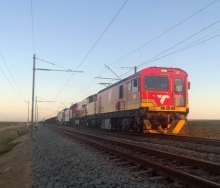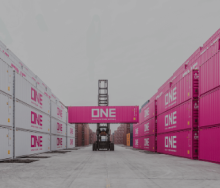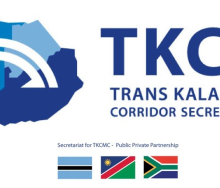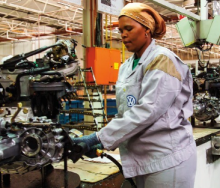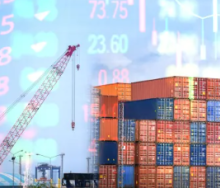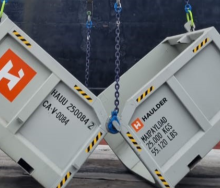By exercising trade policy restraint and refraining from an acceleration of protectionism between mid-October 2020 and mid-May 2021, World Trade Organization (WTO) economies prevented further harm to a world economy reeling from the Covid-19 pandemic, according to the WTO director-general’s mid-year report on trade-related developments.
The report calls on WTO members to ensure that markets remain open and predictable, and warns that failing to ensure wider access to Covid-19 vaccines could undermine the global economic and trade recovery.
“This report clearly suggests that trade policy restraint by WTO members has helped limit harm to the world economy. However, some pandemic-related trade restrictions do remain in place and the challenge is to ensure that they are indeed transparent and temporary,” said DG Ngozi Okonjo-Iweala.
“The multilateral trading system has shown resilience despite the severity of the global health and economic crisis caused by the Covid-19 pandemic. As a platform for transparency, the WTO has a central role to play in ensuring that supply chains are kept open — which is an essential part of increasing vaccine production and distribution on the scale needed to end the pandemic.”
The report highlights that world trade and output have recovered faster than expected since the second half of 2020, after falling sharply during the first wave of the pandemic. Strong monetary and fiscal policy support from governments, and the arrival of effective vaccines against Covid-19, have been important factors in the rebound. Leading indicators point to a sustained expansion of merchandise trade in the first half of 2021.
Despite these relatively positive developments, the report draws attention to the serious threat that Covid-19 continues to pose to the global economy and to public health, as vaccine production remains insufficient, contributing to significant disparities in access across countries. This is especially true for low-income developing economies, which are struggling to obtain enough doses to inoculate more than a small fraction of their populations.
During the period under review, export restrictions accounted for 84% of all restrictive measures recorded. The reduction or elimination of import tariffs and import taxes accounted for 60% of trade-facilitating measures taken, and several members reduced their tariffs on a variety of goods such as personal protective equipment (PPE), sanitisers, disinfectants, medical equipment and medicines/drugs. Some members and observers severely affected by successive waves of the pandemic have also eliminated import tariffs on certain goods necessary to fight Covid-19, such as oxygen, oxygen canisters, and active substances.

